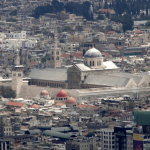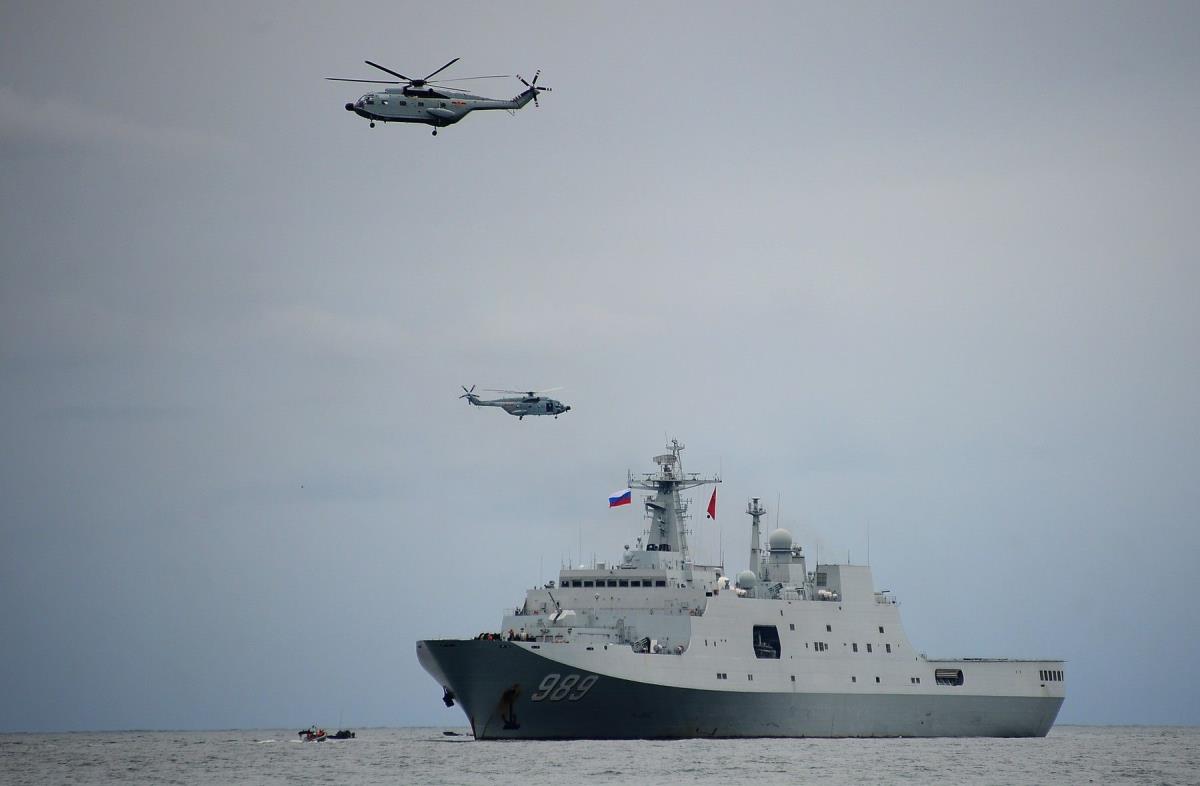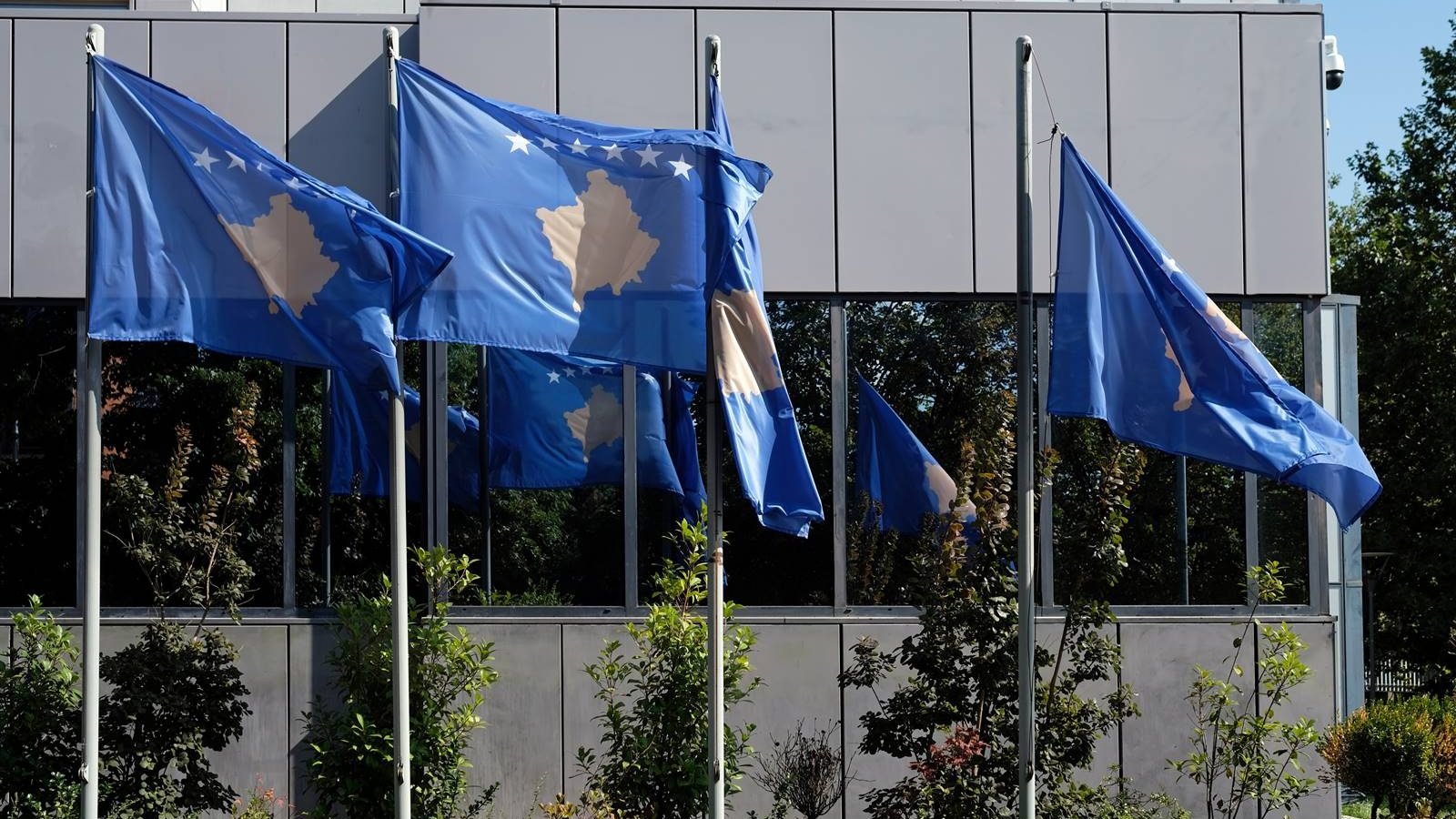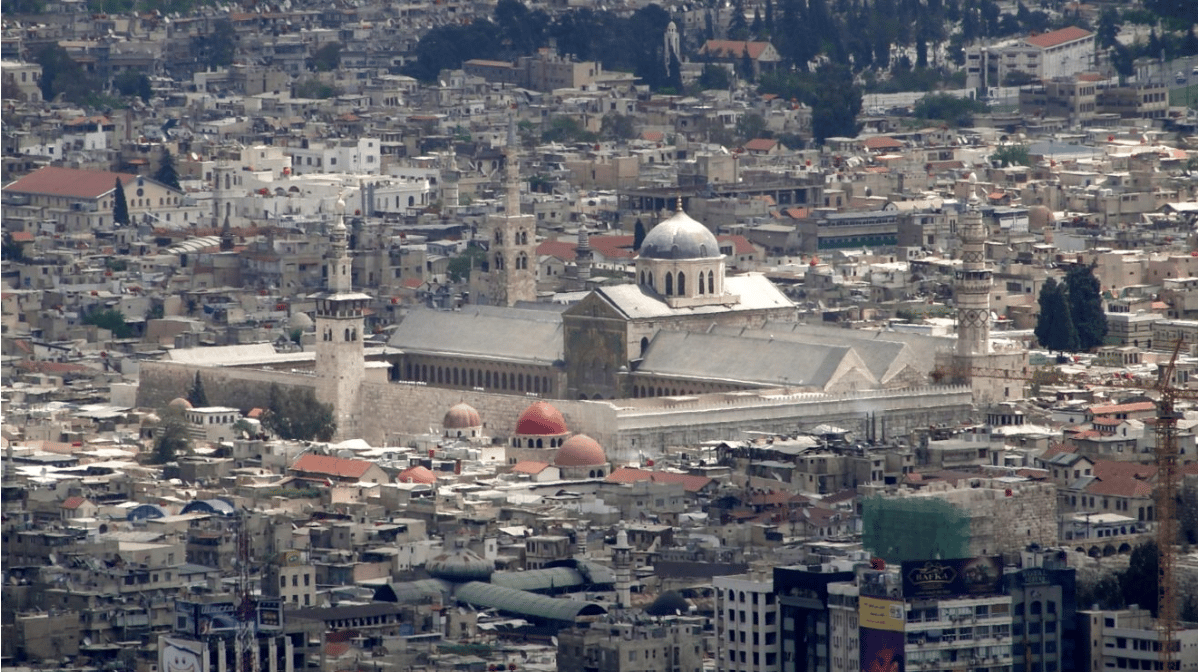Libya Crisis Heats Up: Migrants Flood Europe, Russia Builds Bases, and Europe Panics!
Libya, a country three times the size of Spain, has once again become the epicenter of chaos threatening to flood Europe with migrants and geopolitical tensions. As migrants from North Africa arrive en masse, Russia is not messing around – supplying weapons, building military bases, and expanding its influence in this unstable region. Rome, Athens, and Brussels watch in panic, but no solution is in sight.
Migrant Bomb Right Under Europe’s Nose
Since the beginning of the year, nearly 9,000 migrants have arrived on the Greek island of Crete – almost double last year’s number! Just last week, over 2,000 migrants landed on Crete. Greece is in panic and responded by deploying two warships to patrol the Libyan coast, but some warn this might only encourage migrants to take even greater risks on dangerous journeys.
Greece has even decided to suspend asylum application processing for three months for those arriving by sea from North Africa. Prime Minister Kyriakos Mitsotakis stated clearly – the situation is extraordinary and urgent measures are necessary. Italy and Greece seek support from their allies but have so far received only disappointing responses.
Russia – The New Player with Big Plans
While Europe struggles with the migration crisis, Russia is spreading like cancer in Libya. Moscow supplies Libyan militias with weapons, is building a potential naval base in the northeastern port of Tobruk, and plans to install missile systems at the southern base of Sebha, controlled by Khalifa Haftar.
Russian influence in Libya is not just military – it is strategic. Libya has become a central hub for Russia’s African strategy, and a network of migrant smugglers allegedly helps Moscow bypass sanctions and use migration as a weapon in a hybrid war against Europe. Some analysts claim Russia already uses several military bases in Libya from which it could theoretically strike Europe.
Europe in Disarray and Diplomatic Farce
The European Union last week tried to resolve the crisis diplomatically, but it ended in farce. EU Migration Commissioner Magnus Brunner and delegations from Italy, Greece, and Malta were declared unwelcome in Benghazi, Haftar’s stronghold, and were forced to leave due to alleged violations of regulations.
Italian Foreign Minister Antonio Tajani warns that Libya is in a state of emergency that Europe must solve together. However, while Italy desperately seeks France’s support, Paris is retreating from the region and focusing elsewhere, leaving Rome to fight alone.
Geopolitical Power Play and Dangerous Trends
The situation in Libya is a perfect example of how migration and geopolitical games intertwine into a dangerous web. Russia uses the migration crisis as leverage against Europe, while the rivalry between Turkey and Greece over maritime zones further complicates the situation.
Greece considers Turkey’s cooperation with Libya over maritime zones south of Crete illegal, fueling tensions in the region. Meanwhile, Europe faces a 7% increase in illegal crossings in the central Mediterranean, while other routes have decreased by 20%.
What Lies Ahead?
The Libya crisis is not just a problem for Libya or North Africa – it is a problem for all of Europe. With nearly 9,000 migrants already arriving on Crete and Russia building military bases and expanding its influence, Europe stands on the brink of a new major migration and geopolitical crisis.
Will Europe finally grasp the seriousness of the situation and act united? Or will we watch the Mediterranean turn into a new battlefield of great powers, with migrants as pawns in this dangerous game? While we wait for answers, feel free to share your thoughts – is Europe ready for this storm, or will it end again with empty promises and diplomatic games?
If you made it to the end, drop a comment – do you think Russia will really establish a base in Libya? Or is it just another geopolitical fairy tale?























